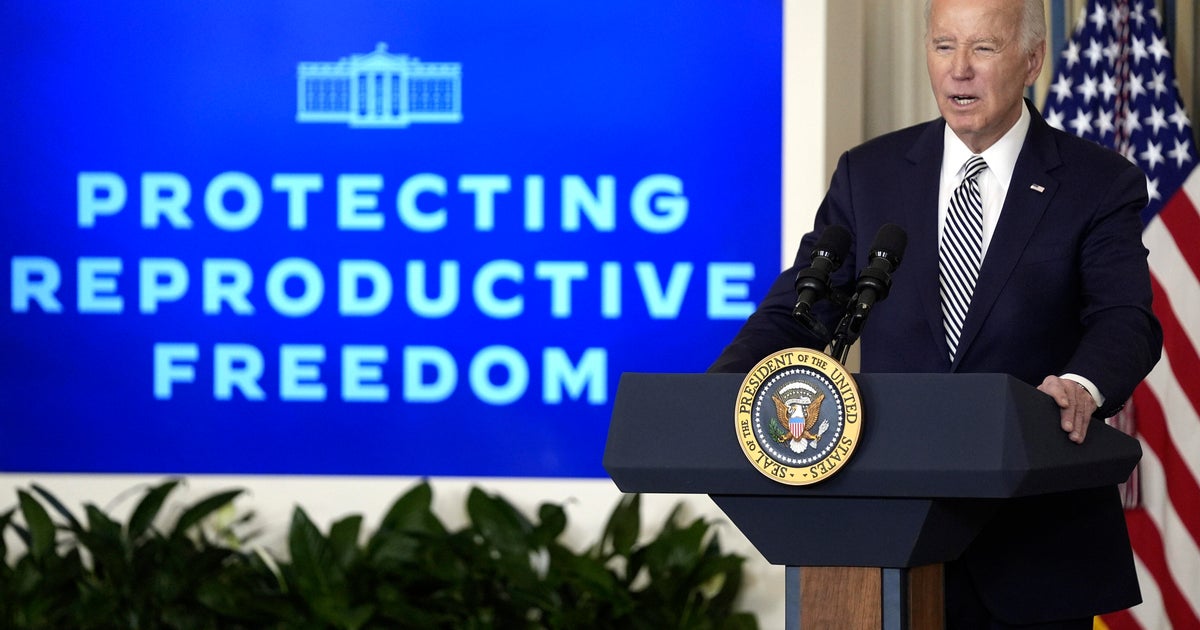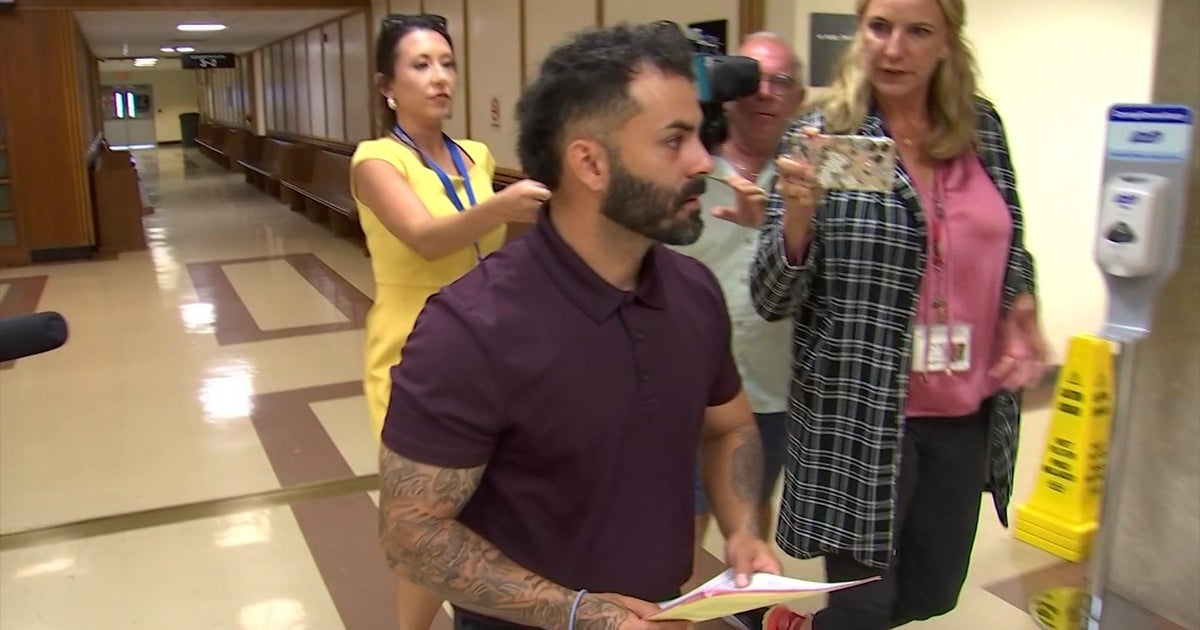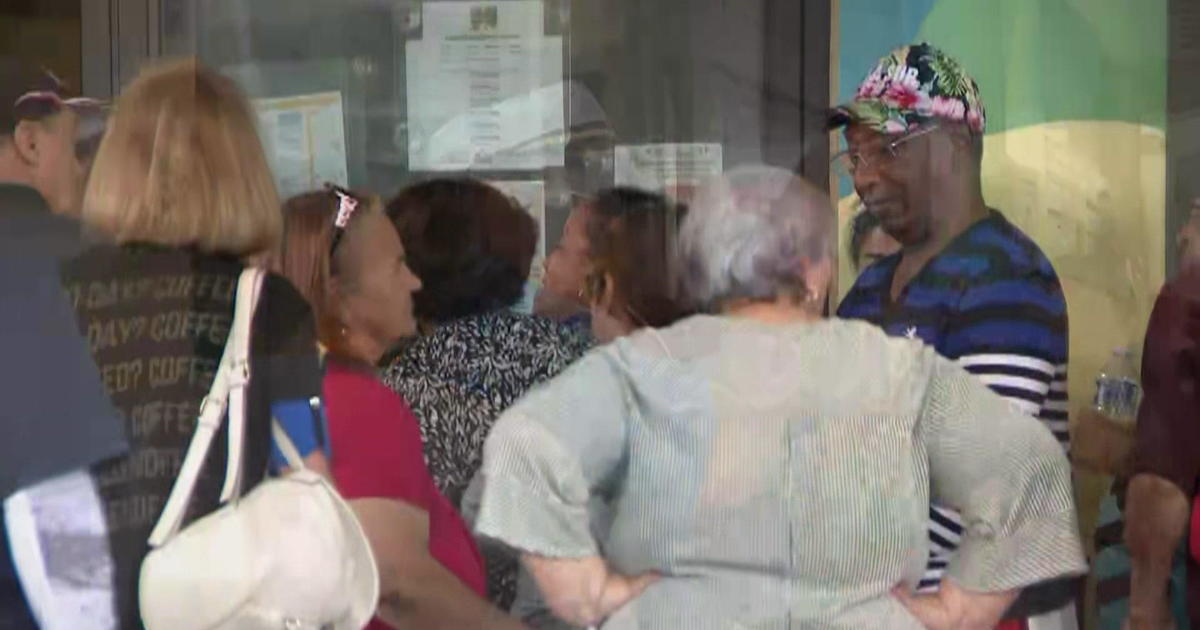Florida Still Has Dry Counties
LIVE OAK, Fla. (AP) — In a state where "Margaritaville" — Jimmy Buffett's love song to beachside drinking — is practically Florida's official anthem, it might come as a surprise that there are counties where residents can't buy beer, wine or liquor at all.
For 65 years it had been illegal to sell liquor in Suwanee — it was just one of five dry counties in Florida. Last summer, residents voted 67 percent to 33 percent to allow liquor sales.
The Brown Lantern restaurant and bar was the first establishment to sell booze in Live Oak, the biggest city in Suwannee with about 7,000 residents. In May, the state issued the county's first five licenses, which opens the door to allow someone to open the area's first liquor store.
Florida's remaining dry counties — north-central's Madison and Lafayette and the Panhandle's Liberty and Washington — might soon follow Suwannee's lead. A vote to allow liquor sales will be held Aug. 28 in Madison, a county of about 19,000 residents.
"It's such an antiquated thought, being a dry county," said Ted Ensminger, president of Madison Yes!, the group working to overturn the law.
Madison County allows beer sales — but only if the beer's alcohol content is under 6.243 percent.
"The technical term for our county is we're called a 'damp county,'" Ensminger said.
Folks in Suwannee and Madison say that allowing liquor will draw tourists and bring much needed jobs to the tiny counties.
Both are rural and want to draw more visitors. To buy wine or liquor, people in Madison have to drive 30 miles; many go to Valdosta, Ga. to the north.
"It is 110 percent about jobs and the economy," Ensminger said.
Madison County first banned alcohol in 1906 — 14 years before Prohibition, the national ban on alcohol sales that lasted 14 years and was widely violated.
Opponents say they're against liquor sales because of alcohol's negative toll on society.
"You cannot repair the damage from the slaughter on our highways. You can't put a dollar cost on a human life," said Bill Bledsoe, who lives in Santa Rosa County on the Panhandle and fought against allowing alcohol sales there in 2005. The measure passed by a vote of 29,353 to 21,507.
Bledsoe said he has written letters to the editors of websites and newspapers in Madison County, detailing his views on the subject. He's been a member of the Prohibition Party for 40 years and personally, is against drinking alcohol for religious reasons — reasons that others in Suwannee and Madison also give for opposing alcohol sales.
"The whole issue is has nothing to do with freedoms," Bledsoe said. "The issue is health and safety when it comes to alcohol. I'm a Christian. I'm a Bible-waving, flag-waving Christian. Based on that, I believe consuming alcoholic beverages is a sin."
In Suwannee, folks weren't able to buy anything with alcohol in it for decades. Then, about 35 years, ago, residents could buy low-alcohol beer and wine but not "real" beer or liquor, said Brown. Residents voted whether to allow liquor sales three times over the years, and all three times it was defeated.
Until 2011. Suwannee voters approved liquor sales by a 2-1 margin.
"People are tired of somebody else trying to control our lives," said Brown, referring to the county's formidable evangelical Christian pastors, some of whom opposed the measure. "We're back to normality now. This is normal."
Brown said he's thrilled that visitors who pull of Interstate 10 can now come into the town and have a glass of wine with dinner. Locals, too, seem to have embraced the change.
"We should have been wet a long time ago," sighed Bennie Thomas, who has been on the Live Oak City Council for 26 years. "Now, at least, we won't have to drive 20 miles to get a drink."
(© 2012 The Associated Press. All Rights Reserved. This material may not be published, broadcast, rewritten, or redistributed.)



